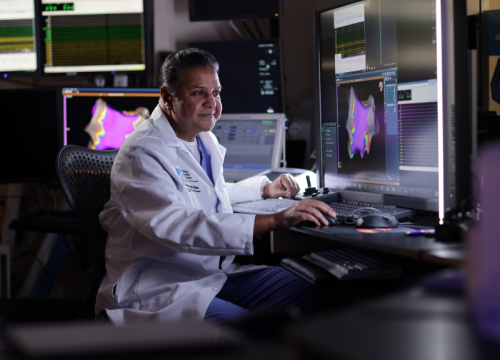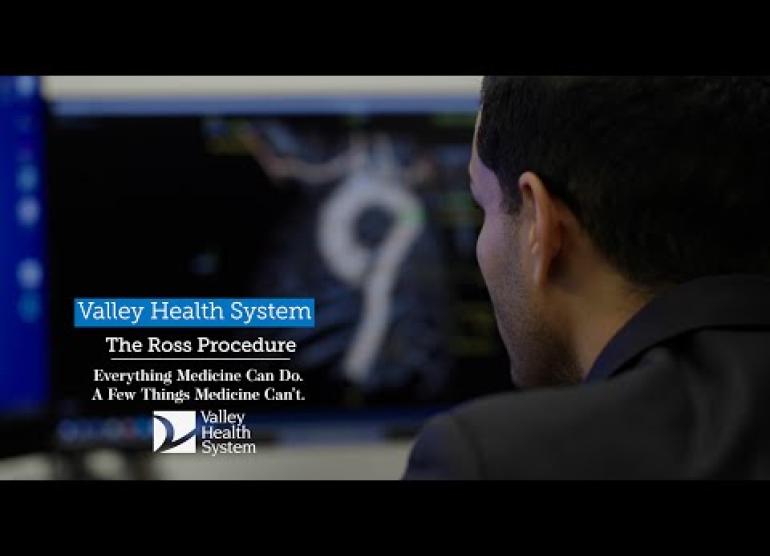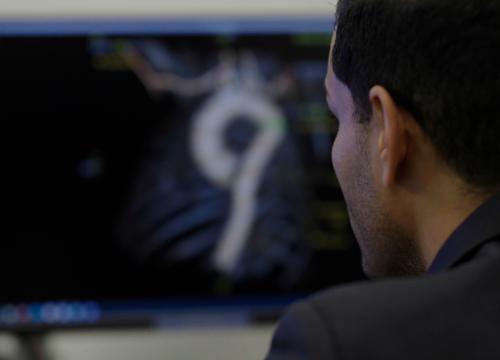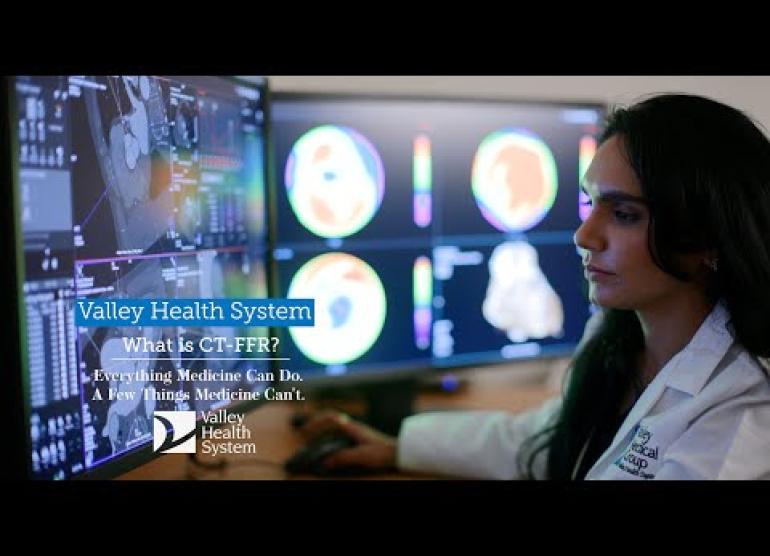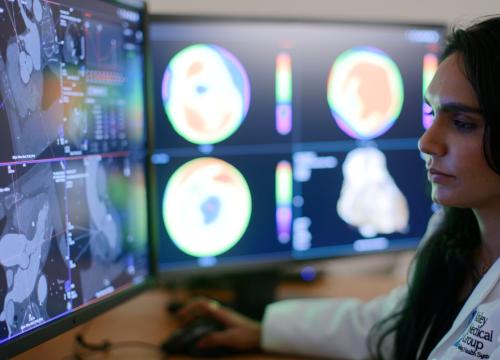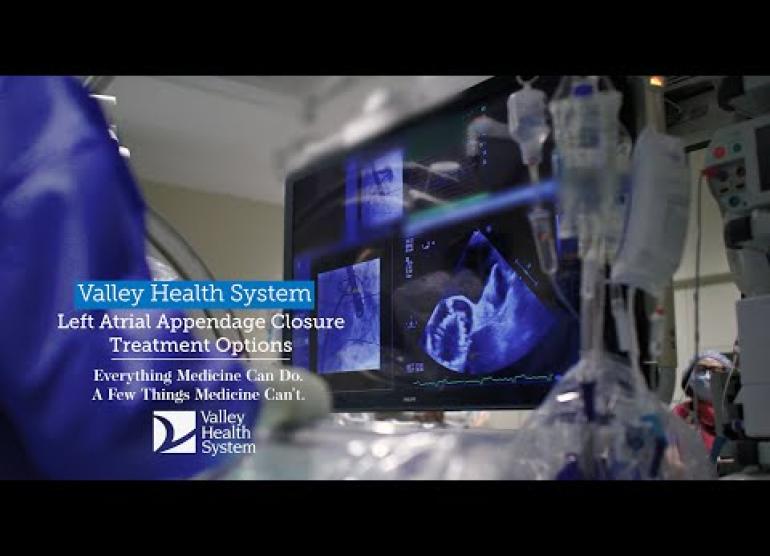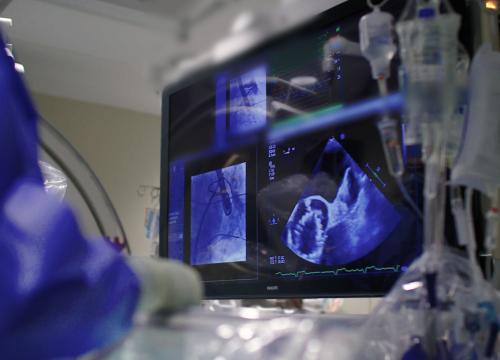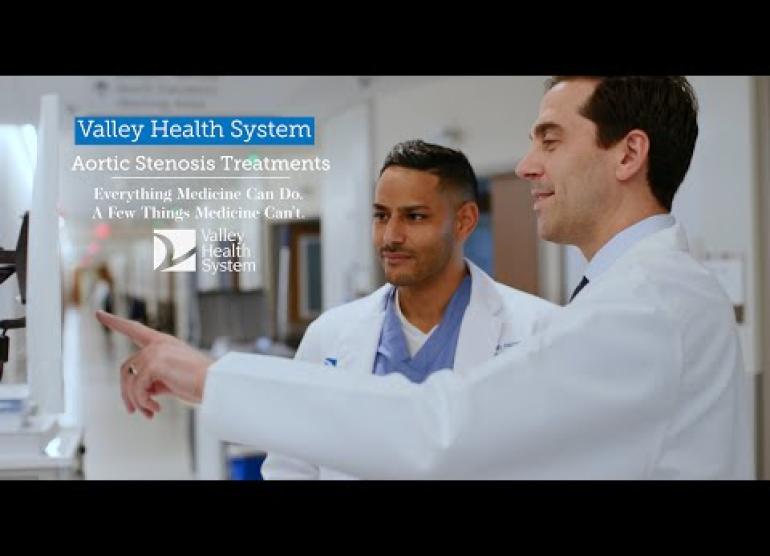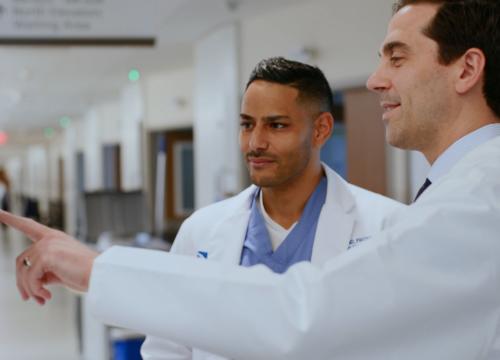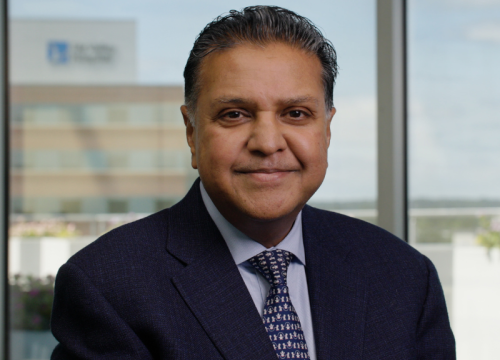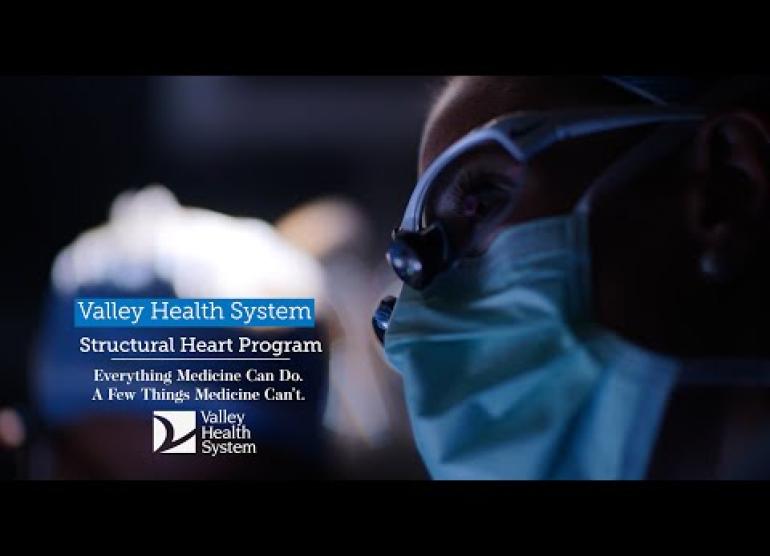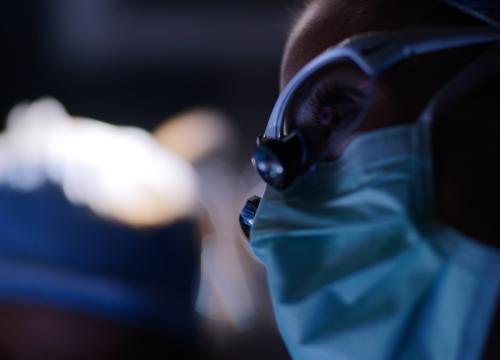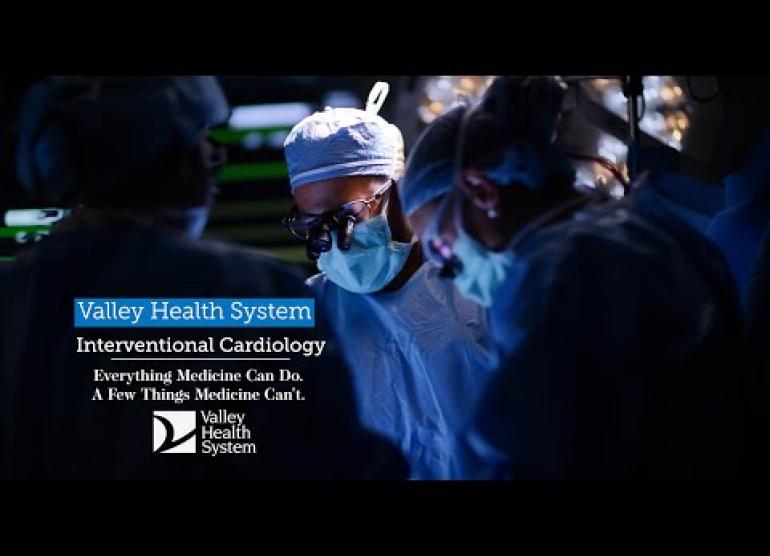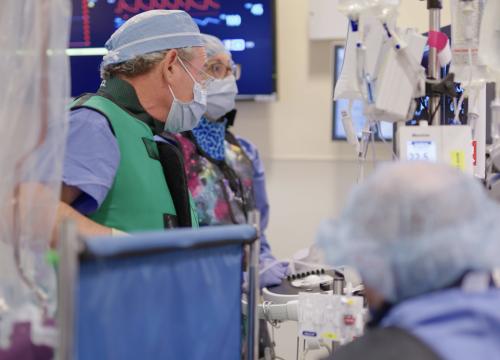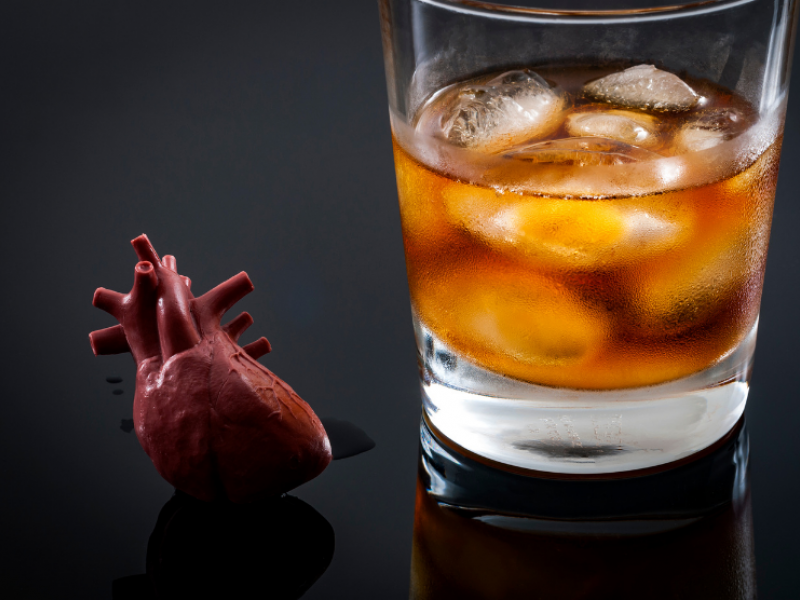
A new study has revealed that consuming any alcohol may increase the risk of atrial fibrillation (AFib) episodes for those who have a history of the condition and may have implications for those with no history of the disorder.
What is AFib?
AFib is the most common type of abnormal heart rhythm. The condition interferes with the heart’s normal electrical signals, causing an irregular, rapid heartbeat. In people with AFib, the heart's upper chambers quiver instead of beat effectively. This can cause blood to pool and clot, potentially leading to a stroke. AFib also decreases the heart’s pumping ability. The irregularity can make the heart work less efficiently. AFib that occurs over a long period of time can significantly weaken the heart and lead to heart failure and chronic fatigue. The condition can be persistent or occur occasionally, which is called paroxysmal AFib.
The Study
The study was based on how patients’ self-reports suggested that acute alcohol consumption may trigger a discrete AFib event. To test this theory, 100 people—79% were men and 85% were white, with a mean age of 64 years—were recruited and closely monitored for four weeks, tracking their alcohol intake and cardiac rhythms in real time. Participants had a history of paroxysmal AFib.
Participants wore an electrocardiogram monitor to track their rhythms, which included a button they had to press whenever they consumed alcohol. An ankle monitor was worn to detect blood alcohol levels, and fingerstick blood tests were routine to assess participants’ phosphatidyl ethanol, which is a biomarker of alcohol intake.
Results
After four weeks, the study discovered that 56 of the 100 participants had at least one episode of AFib, suggesting alcohol consumption was a trigger for the arrhythmias.
It was found that risk of an AFib episode was doubled in the preceding four hours after one alcoholic beverage and tripled after consuming two or more. Researchers concluded individual AFib episodes were associated with higher odds of recent alcohol consumption. Association of alcohol consumption and AFib episodes was also shown in a randomized study published in the New England Journal of Medicine last year. These studies provide objective evidence that change in behavior may change the probability that an AFib event will occur.
The authors of the study also hypothesized the findings could have implications for those without the disorder as well since it suggests any alcohol consumption can disrupt heart function.
The study results were published in the Annals of Internal Medicine.












